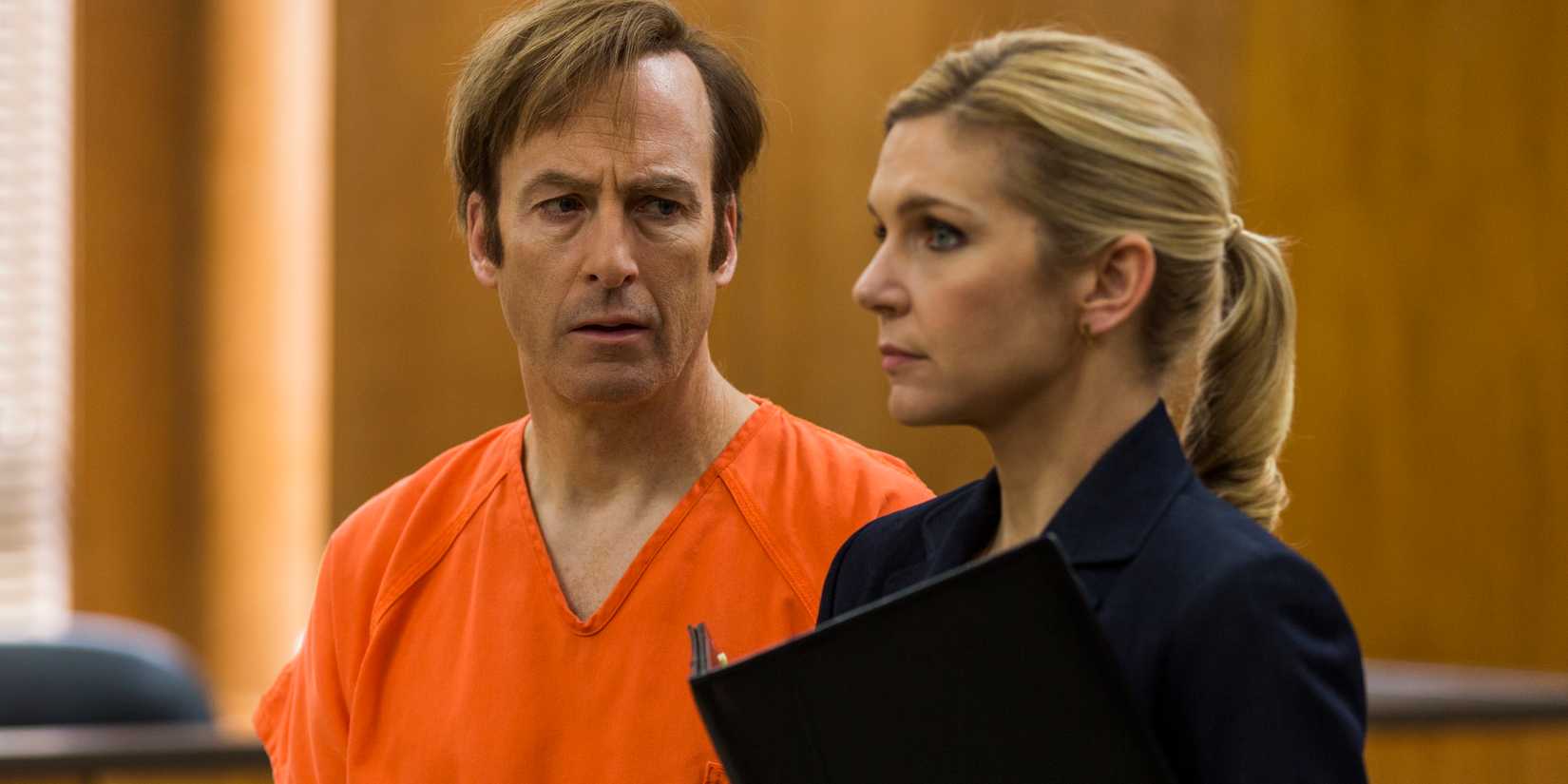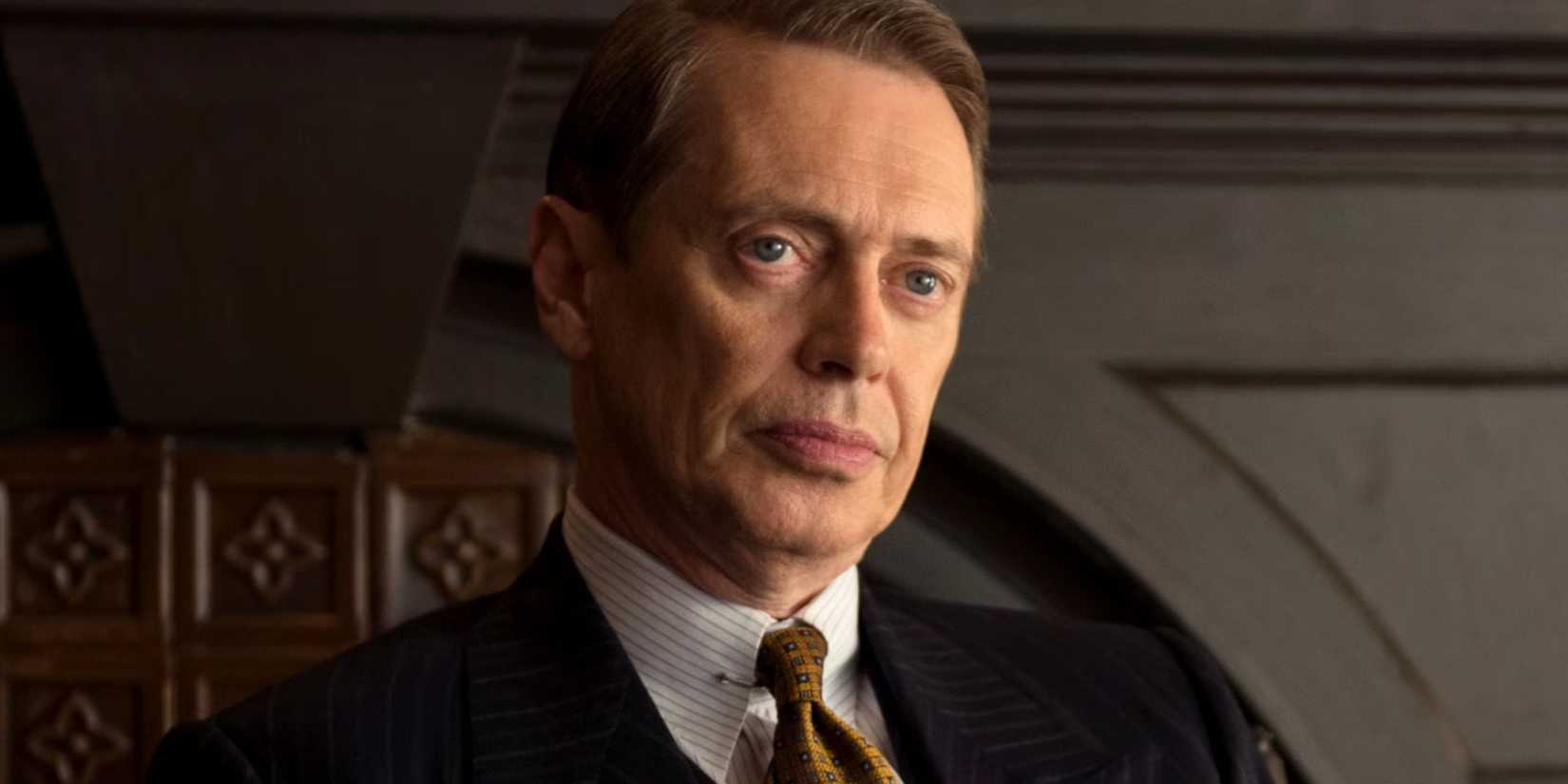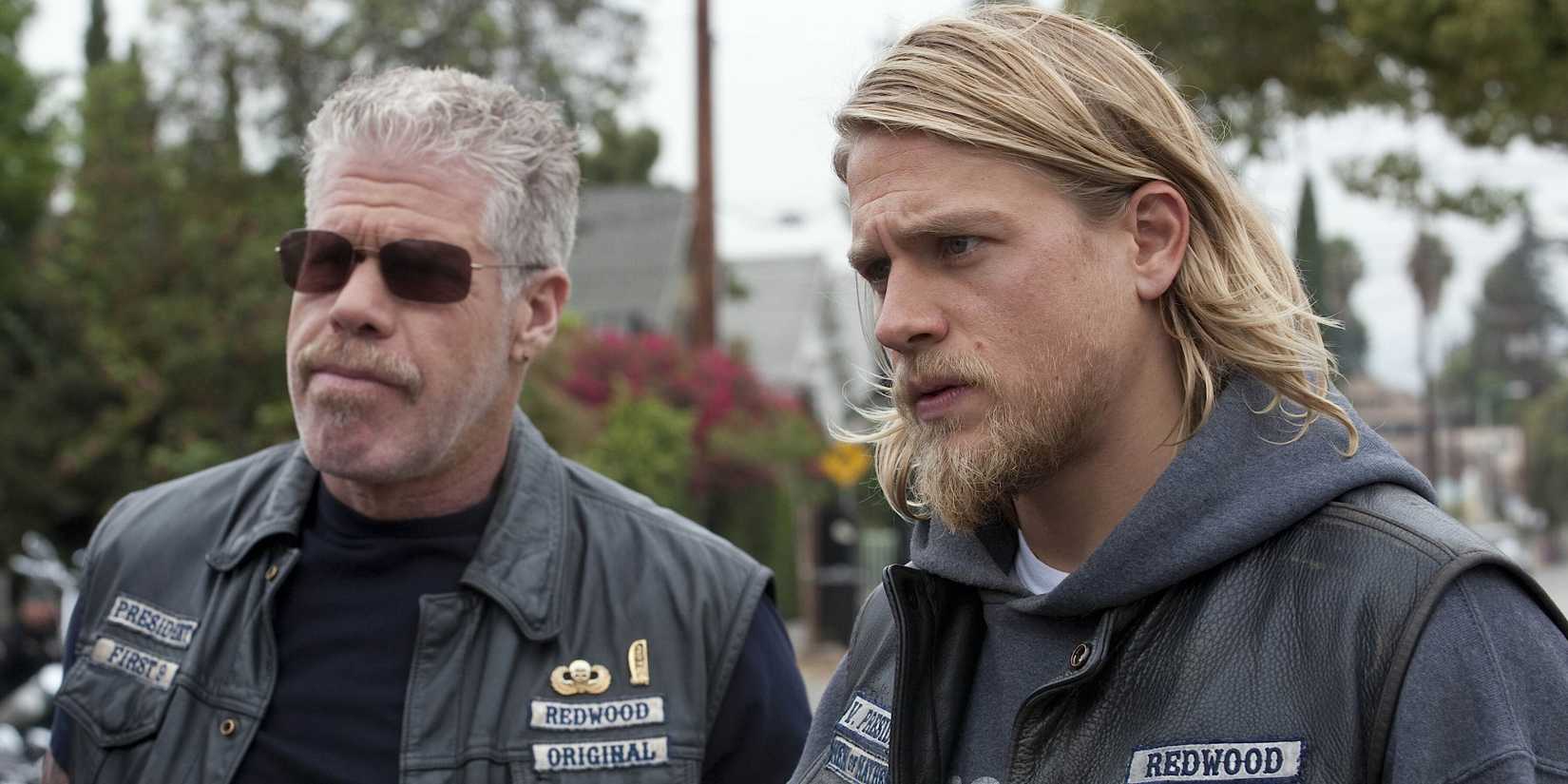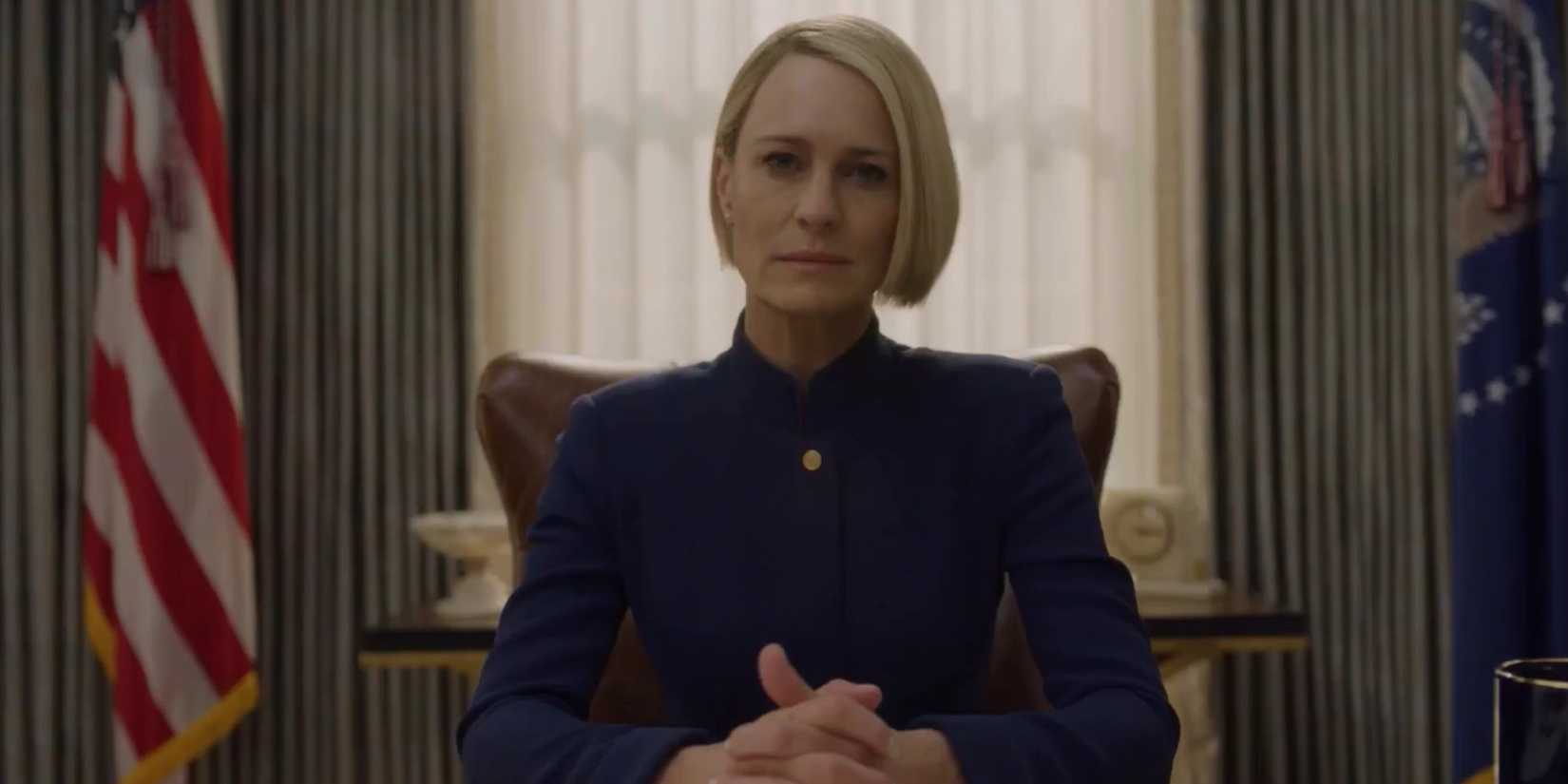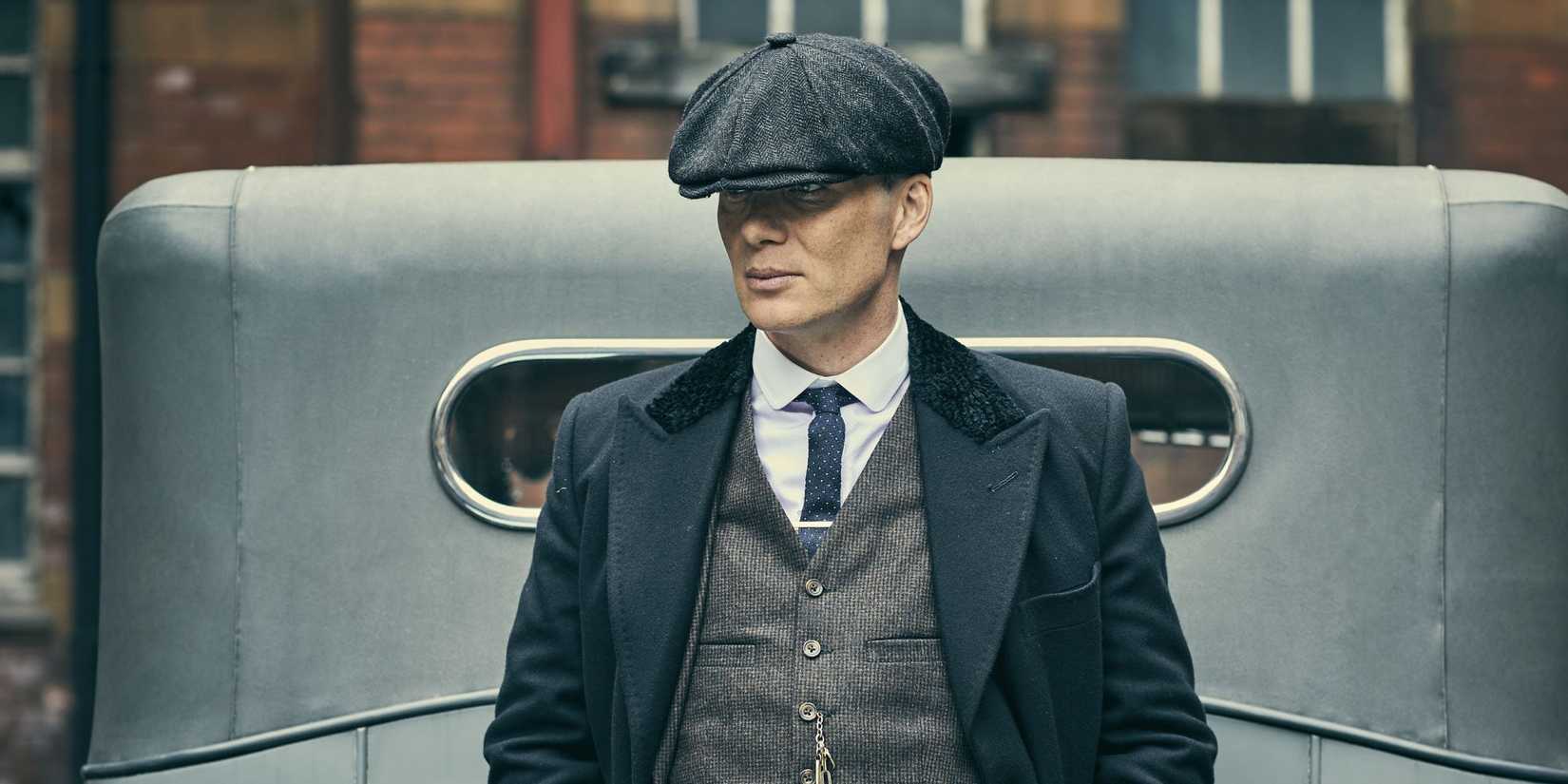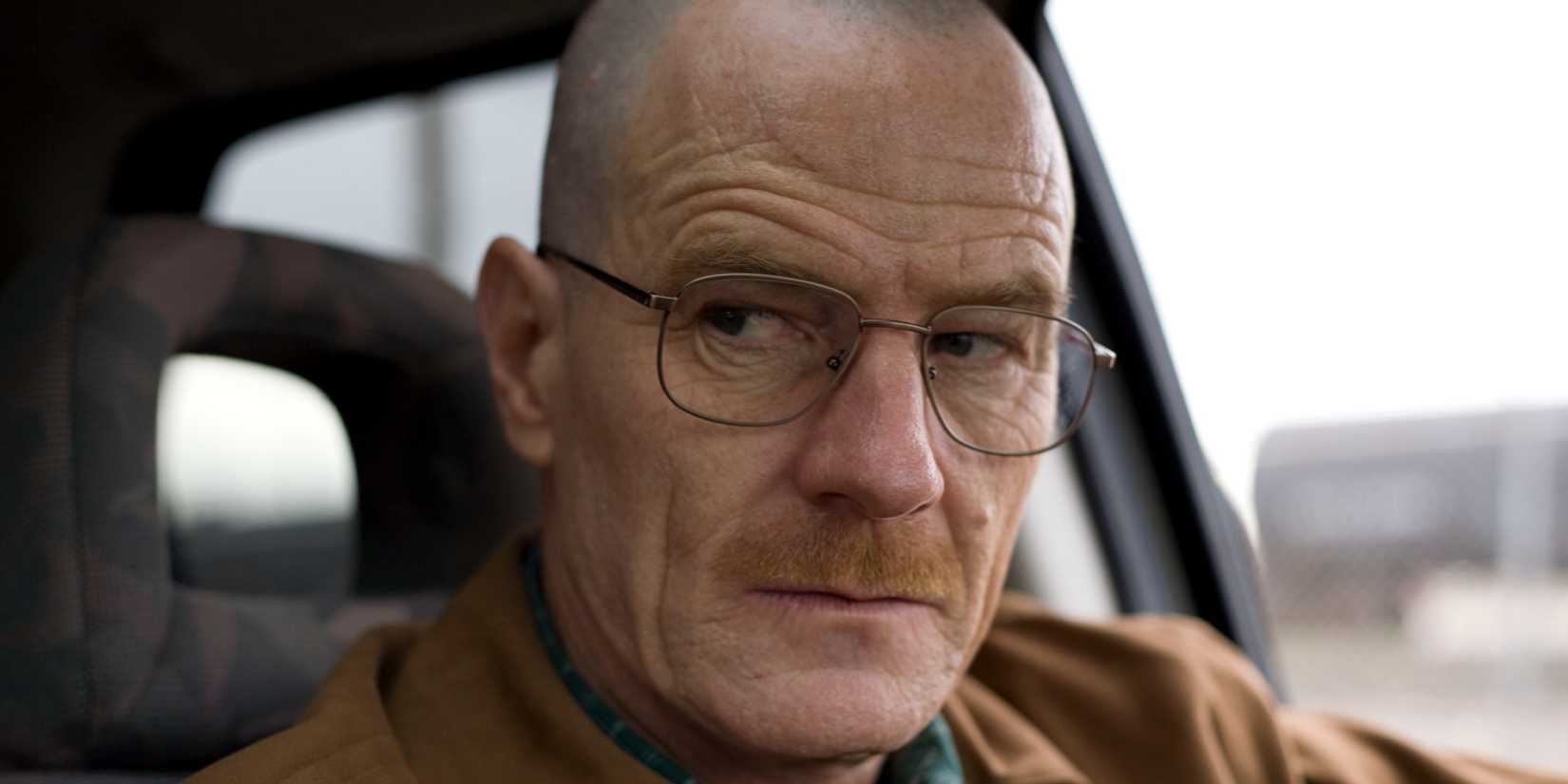
The Sopranos has often been considered a perfect TV crime drama show for its unusual approach to its central character. The series follows the New Jersey mafia boss Tony Soprano as he struggles with his family, his empire, and his mental health. It was generally consistent, but while some episodes of The Sopranos are basically perfect, you can skip others on a rewatch.
Over its six seasons, The Sopranos made James Gandolfini a household name for his portrayal of the troubled crime boss, but it let the cast down with its controversial ending, which still polarizes viewers today. The Sopranos is a groundbreaking TV show that revolutionized the industry, but when taking all its themes and characters into account, other crime series are sometimes better.
The Wire (2002-2008)
The Wire is often compared to The Sopranos, as both are crime drama masterpieces to come out of HBO. That said, without The Sopranos and its unlikable lead character, The Wire could not exist, bringing in its cast of morally complex criminals, with the city almost taking on a life of its own. However, The Wire surpasses The Sopranos in one key way.
Each season of The Wire addresses a different aspect of the criminal underworld, combining gritty drama with social commentary on the way crime works. On the other hand, The Sopranos often featured dream sequences and extended relationship drama storylines that took the focus away from the mafia side of Tony and his family. These were interesting, creative choices, but they did not always land.
Better Call Saul (2015-2022)
Both The Sopranos and Better Call Saul have moments of dark humor, and characters like Paulie Walnuts and the quotable Christopher Moltisanti often provide the funniest scenes without meaning to. That said, the two series feature different kinds of humor, with Tony and the men giving some great one-liners, while Better Call Saul leans into the absurd.
Tony is charismatic and occasionally witty, but he is not as good at thinking on his feet without the help of the other characters. On the other hand, Better Call Saul‘s Jimmy McGill is a larger-than-life character, a talented conman, and he manages to get away with schemes that nobody else could pull off. This gives the show some laugh-out-loud moments, like the infamous “squatcobbler” scene.
On a more serious note, Tony Soprano’s character arc is not as satisfying as Jimmy’s. The Sopranos proved that viewers would be interested in an unpleasant character, but Tony does not change much between the first and last episodes. Jimmy might have his moments of moral bankruptcy, but he is generally likable, and his character development gives Better Call Saul its emotional weight.
Boardwalk Empire (2010-2014)
The New Jersey mafia world is the focus of The Sopranos, but while the show has many realistic cultural references, the city is not as much of a feature as it could have been. The Prohibition era crime drama Boardwalk Empire is also set in New Jersey, but the city is given much more attention, and the show is visually more exciting than The Sopranos.
The actions of the mafia affected a few ordinary people in The Sopranos, but Boardwalk Empire explored this, as well as the bigger picture, including the intersection between politics and organized crime. The Sopranos might be better-known, but Boardwalk Empire is an overlooked masterpiece, and both shows have a 92% positive critics’ rating on Rotten Tomatoes.
Sons of Anarchy (2008-2014)
Sons of Anarchy is a more explosive and violent crime show than The Sopranos, but both have a similar subject, which is the tight-knit community at the heart of organized crime. While The Sopranos features the mafia, Sons of Anarchy follows a motorcycle club. Both groups have elements of secrecy that they keep from the women in their lives, and titles and rituals.
While The Sopranos was an in-depth character study shown through Tony’s therapy sessions, the brutality in Sons of Anarchy often overshadowed how intelligent the show really was. Sons of Anarchy works as a modern retelling of Shakespeare’s play, Hamlet, with the characters forming similar relationships and meeting similar fates. When comparing the two shows, Sons of Anarchy is sometimes better.
The Sopranos’ slow-burn nature could often feel dry, with its moments of crime and violence being given equal attention to details like Carmela’s lasagna recipe. In contrast, Sons of Anarchy is much more intense, without compromising on moments of character development. The episodes that defined Sons of Anarchy were usually visceral, fast-paced, and more raw than Tony in therapy.
House of Cards (2013-2018)
Tony Soprano could go from charming to chilling in seconds, but the characters in House of Cards could do the same, and with much higher stakes. The Sopranos mafia family might be a powerful force in the state of New Jersey, but House of Cards gives viewers an ominous look at what a criminal enterprise in the White House looks like.
The core relationship at the heart of The Sopranos is the one between Tony and his wife, Carmela. However, their dynamic has been seen in many other crime dramas as she is aware on some level of what Tony does, but chooses to ignore it. House of Cards presents a more interesting and more frightening power couple, with Frank and Clare Underwood ruling America together.
Both The Sopranos and House of Cards would have been TV show masterpieces if not for their endings, and it cannot be ignored that Kevin Spacey has stained House of Cards‘ legacy. That said, the show is often better than The Sopranos for the central power dynamic and terrifying look at what an unchecked crime family can really do.
Peaky Blinders (2013-2022)
The Sopranos‘ infamous cut-to-black ending has become one of the show’s defining moments, but while it has sparked many conversations about its meaning, Peaky Blinders‘ talent for cliffhangers is better. The series follows a creative take on the real-life British street gang, the Peaky Blinders, who formed in the wake of WWI. While The Sopranos was groundbreaking, other shows have since pushed the boundaries.
Peaky Blinders features major actors like Tom Hardy, Cillian Murphy, and Sam Neill, and the show’s cinematic style and modern soundtrack set it apart from other crime dramas. Like The Sopranos, the show focuses on the family lives of many of the characters involved, but Peaky Blinders has fewer slow moments, and its distinctive look and combination of modern and period features are exciting.
Tony Soprano’s main struggles are mostly internal, while the saga of Tommy Shelby’s rise and fall in the criminal world is a far more compelling story, told in a less meandering way. It has been argued that The Sopranos is the greatest TV show of all time, but Peaky Blinders slightly outperforms it on Rotten Tomatoes, with a 93% positive critics’ rating.
Breaking Bad (2008-2013)
Tony Soprano might have been the first antihero to truly captivate TV show audiences, but he walked so that Walter White could run. Walter White is one of the best TV show antiheroes of all time, and his journey has been described as “turning Mr. Chips into Scarface.” This makes him a more fascinating character than Tony Soprano, who was born into mafia life.
Breaking Bad is less realistic than The Sopranos, but it was not trying to be, and its strengths correct The Sopranos‘ faults. Except for the polarizing episode, “The Fly,” Breaking Bad picks up steam, moving faster as Walt’s story develops, while The Sopranos can sometimes drag. The strained relationship between Walter and Skyler is more compelling than Tony and Carmela, and the ending is perfect.
By the end of The Sopranos, many viewers were waiting to find out Tony’s fate, and the abrupt cut meant that we never got to see the death of a character who had caused so much pain. Walter White’s death felt like the perfect poetic justice, and despite the legacy of The Sopranos, Breaking Bad‘s satisfying ending makes the show a better crime drama.
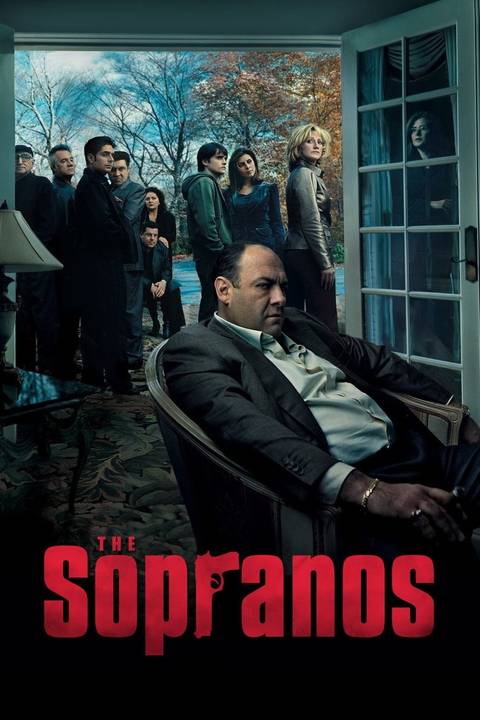
- Release Date
-
1999 – 2007
- Network
-
HBO
- Showrunner
-
David Chase
- Directors
-
Tim Van Patten, John Patterson, Alan Taylor, Jack Bender, Steve Buscemi, Daniel Attias, David Chase, Andy Wolk, Danny Leiner, David Nutter, James Hayman, Lee Tamahori, Lorraine Senna, Matthew Penn, Mike Figgis, Nick Gomez, Peter Bogdanovich, Phil Abraham, Rodrigo García
- Writers
-
Michael Imperioli, Jason Cahill, Lawrence Konner, David Flebotte, James Manos, Jr., Salvatore Stabile, Toni Kalem, Mark Saraceni, Nick Santora
-

James Gandolfini
Tony Soprano
-

